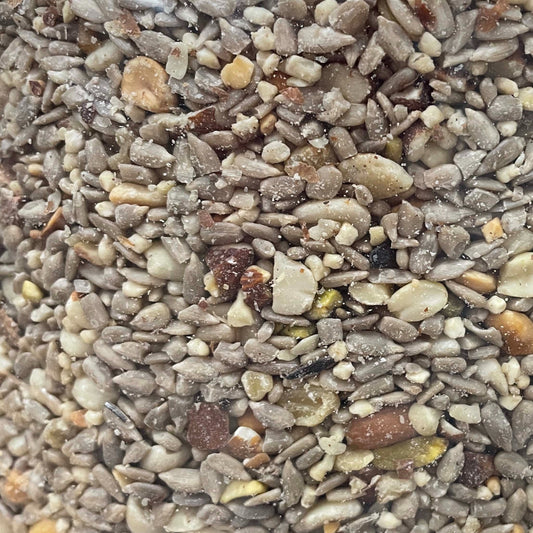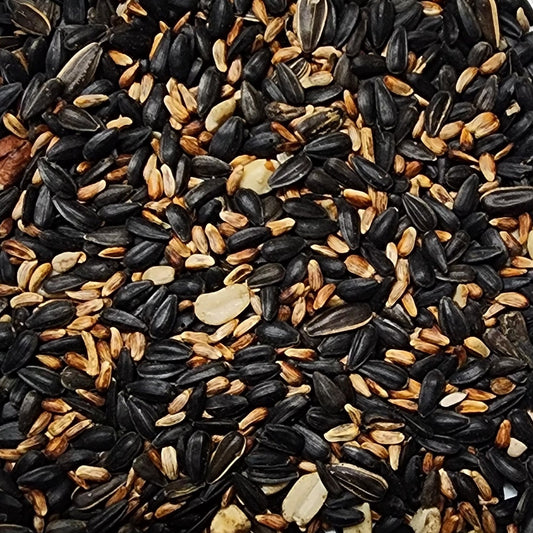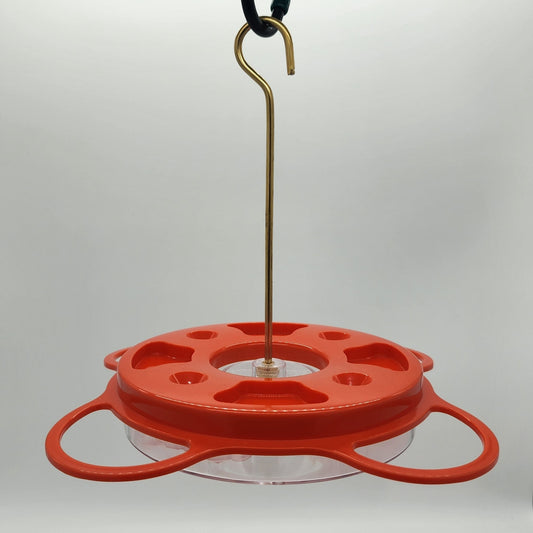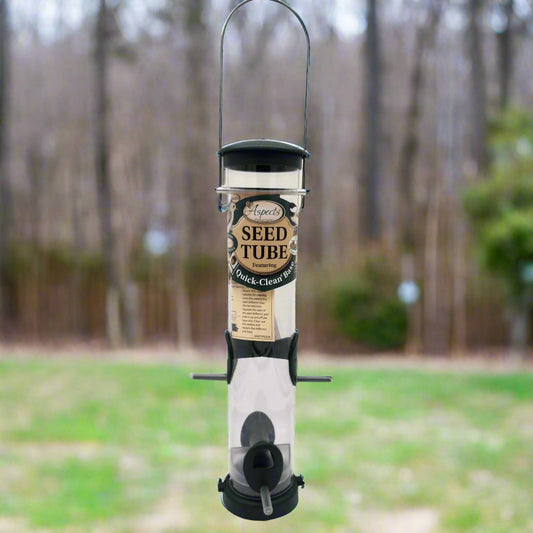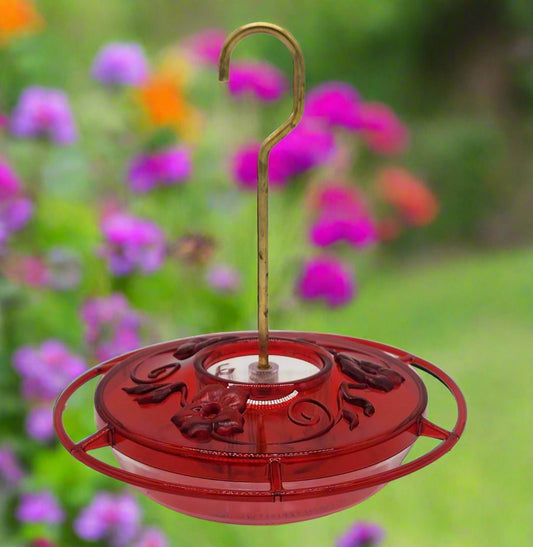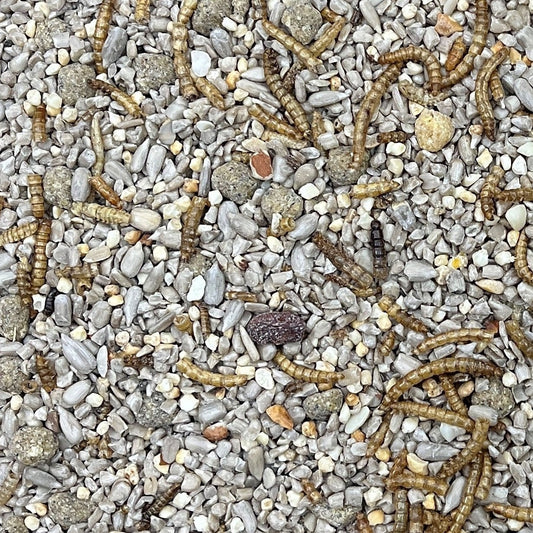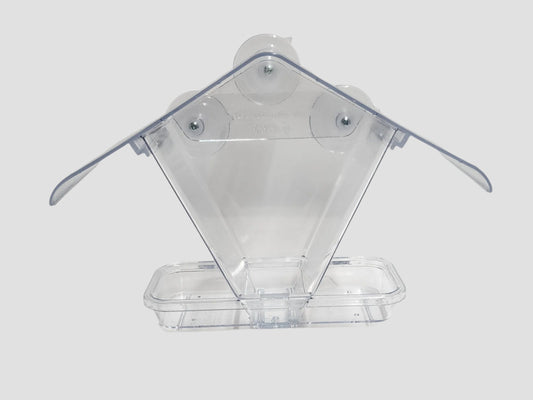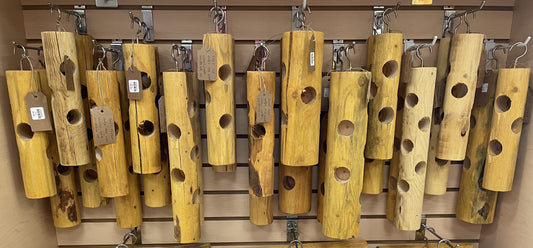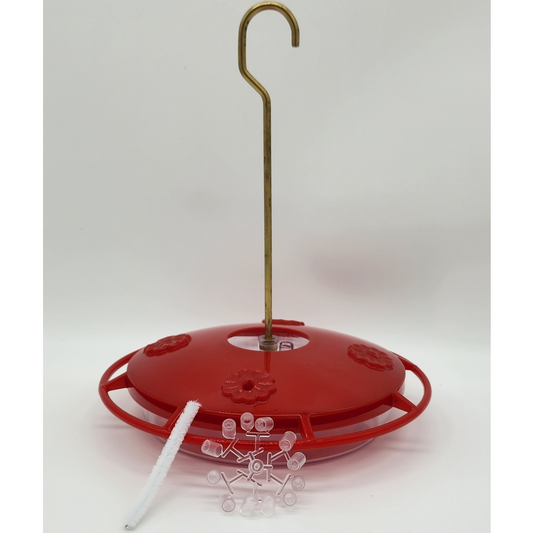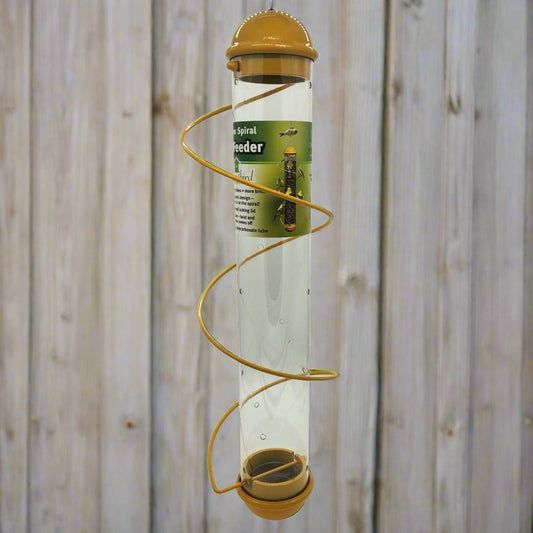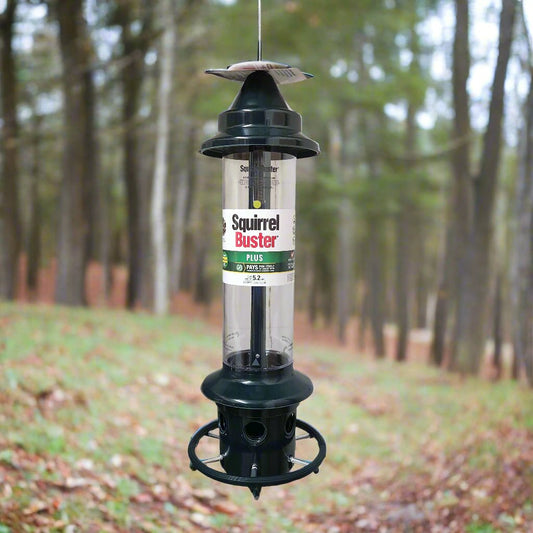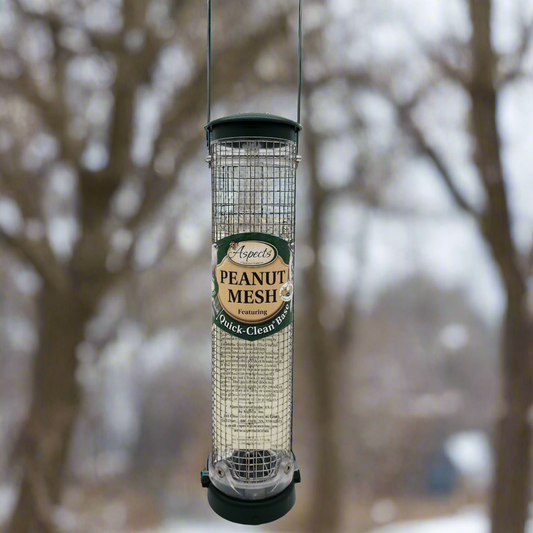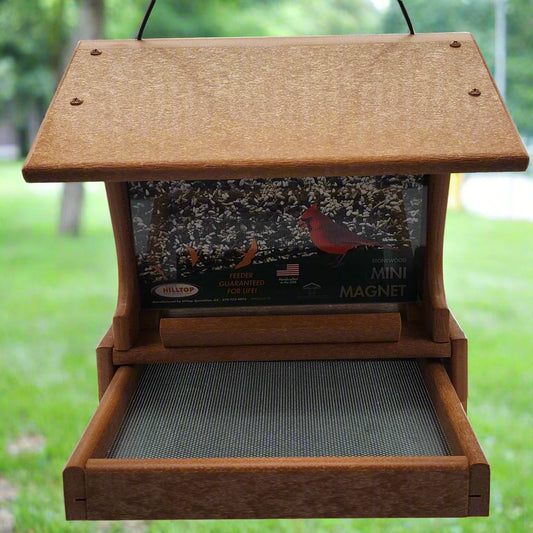Let's Talk Birds
Welcome to Mark’s Backyard Birds, where wildlife biologist Mark McKellar shares 40+ years of birding wisdom to help you attract more birds, enjoy more beauty, and connect with nature—right outside your window. From bird feeding tips and gear reviews to gentle birdwatching guidance, our blog is a friendly space for nature lovers of all experience levels. Discover how to turn your yard into a bird-friendly haven, avoid common backyard mistakes, and spot the small wonders hiding in plain sight.
Mark's Backyard Birds

What is the “magic” seed?
Is there really a difference in bird seed? What is the “magic” seed? First and foremost, there is a difference in bird seed. Differences are found both in the “taste”...
What is the “magic” seed?
Is there really a difference in bird seed? What is the “magic” seed? First and foremost, there is a difference in bird seed. Differences are found both in the “taste”...
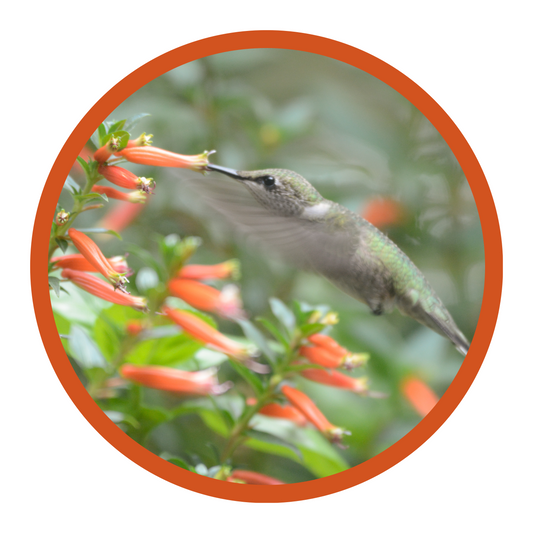
How to Keep Hummingbirds Safe: Avoiding Common ...
Every summer and fall, hummingbirds bring incredible energy and beauty to our backyards. If you’re like me, you’ve probably spent hours just watching them dart and hover around your feeders....
How to Keep Hummingbirds Safe: Avoiding Common ...
Every summer and fall, hummingbirds bring incredible energy and beauty to our backyards. If you’re like me, you’ve probably spent hours just watching them dart and hover around your feeders....
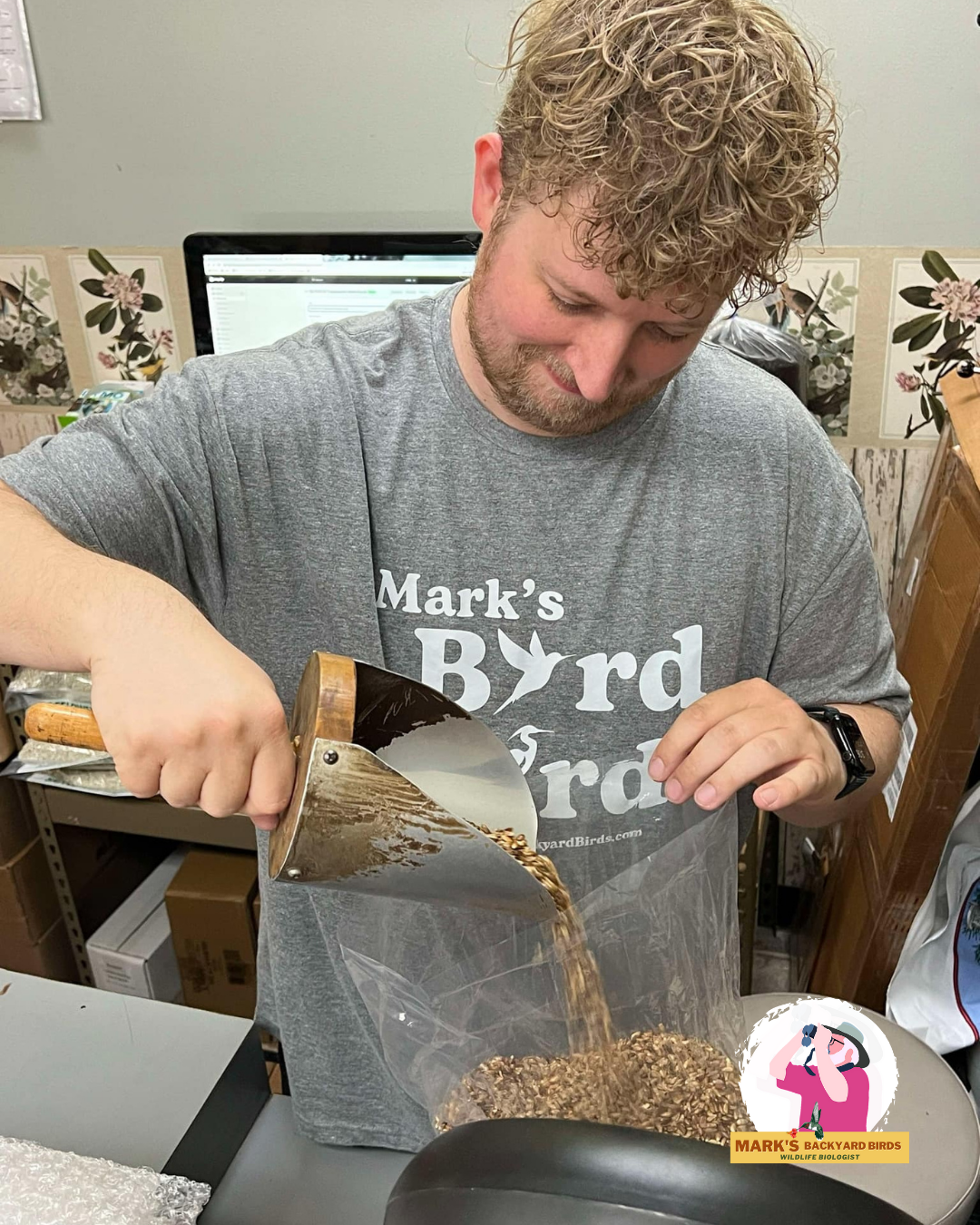
Backyard Bird Feeding Tips & Joys
Bird Feeding
Discover simple and joyful ways to feed backyard birds, from choosing the right seed to keeping feeders clean and critter-free. Tips for attracting more birds year-round!
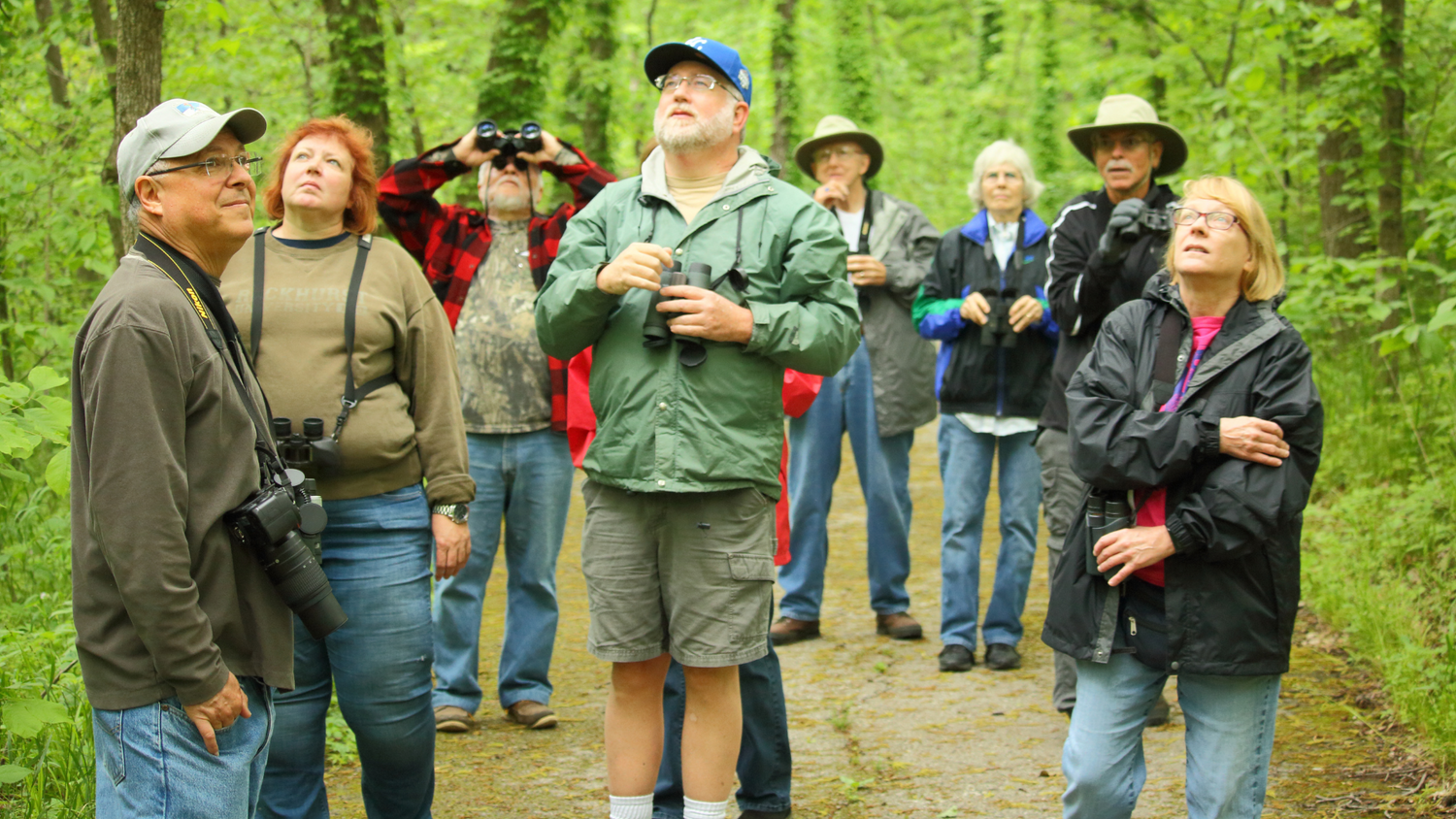
Bird Watching from Your Porch to the Park
Bird Watching
Learn how to watch and enjoy backyard birds with ease. Tips for identifying species, enjoying seasonal changes, and noticing the small wonders of bird behavior.
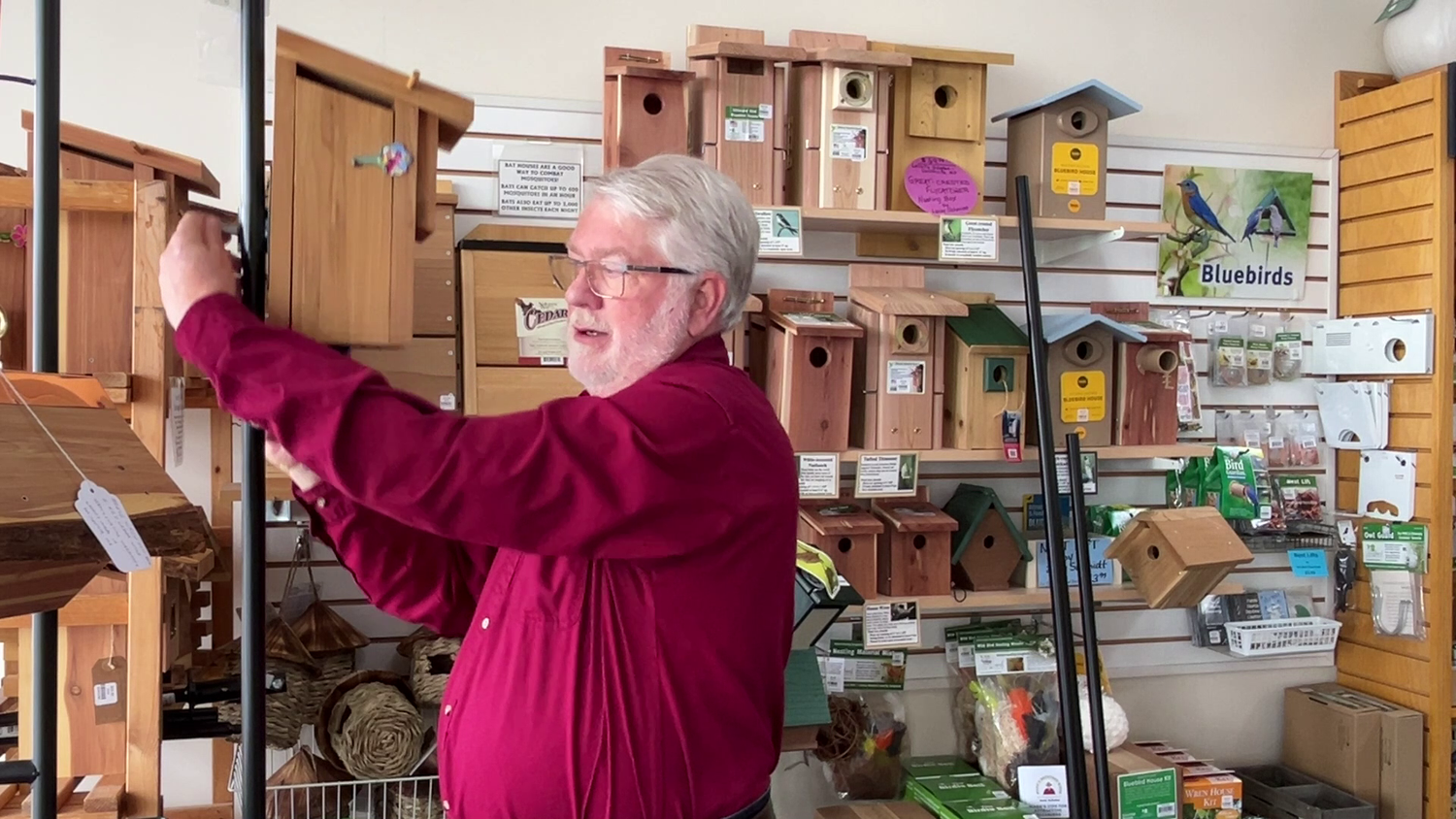
Tried & True Backyard Bird Gear
Product Reviews
Honest reviews of bird feeders, bird baths, birdhouses, and gear that actually works for attracting and enjoying backyard birds. Neighborly advice you can trust.

Mark McKellar
Wildlife biologist Mark McKellar has spent over 40 years studying birds and sharing the quiet joy they bring.
This channel is where he passes along what he’s learned—about bird feeding, bird behavior, and the small wonders of wildlife we often overlook.
Mark also owns Backyard Bird Center in Kansas City, Missouri, where he helps folks turn their yards into havens for birds and beauty.
Shop Some of Mark's Favorites!
-
Mark's No-Waste Blend™
Regular price From $15.99 USDRegular price -
Boardwalk Blend™
Regular price From $8.99 USDRegular price -
NP1009 OrioleFest
Regular price $29.99 USDRegular price -
Multi-Seed Tube Feeders w/Quick-Clean® Bases
Regular price From $59.99 USDRegular price -
382 HummZinger® Little Fancy Rose
Regular price $24.99 USDRegular price -
Bluebirds & Friends Mix™ - 5 lb
Regular price $15.99 USDRegular price -
155 Window Café
Regular price $32.99 USDRegular price -
Log Suet Feeder
Regular price $9.99 USDRegular price -
367 HummZinger® Ultra
Regular price $32.99 USDRegular price -
BirdQuest™ Spiral Finch Feeder
Regular price From $39.99 USDRegular price -
Squirrel Buster® Plus BD1024
Regular price $149.99 USDRegular price -
440 Peanut Feeders w/Quick-Clean® Bases
Regular price $59.99 USDRegular price -
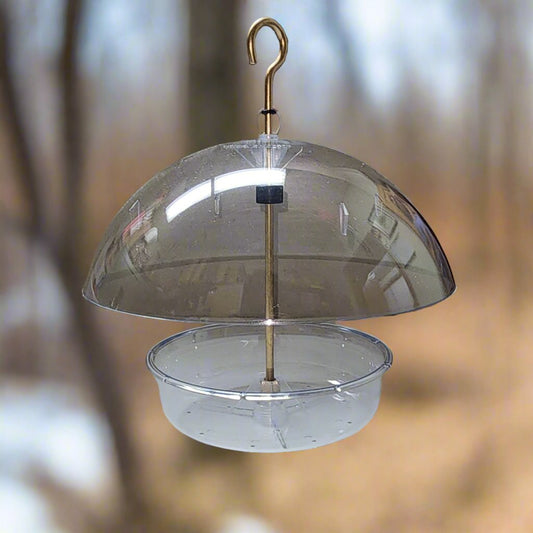 Sold out
Sold outDYX1 Seed Save® Dome Feeder
Regular price $49.99 USDRegular price -
RH0307957917 The Sibley Field Guide To Birds Of Eastern North America
Regular price $25.00 USDRegular price -
Nikon® Monarch HG Binoculars
Regular price From $979.99 USDRegular price -
Mini Magnet Feeder
Regular price From $164.99 USDRegular price

